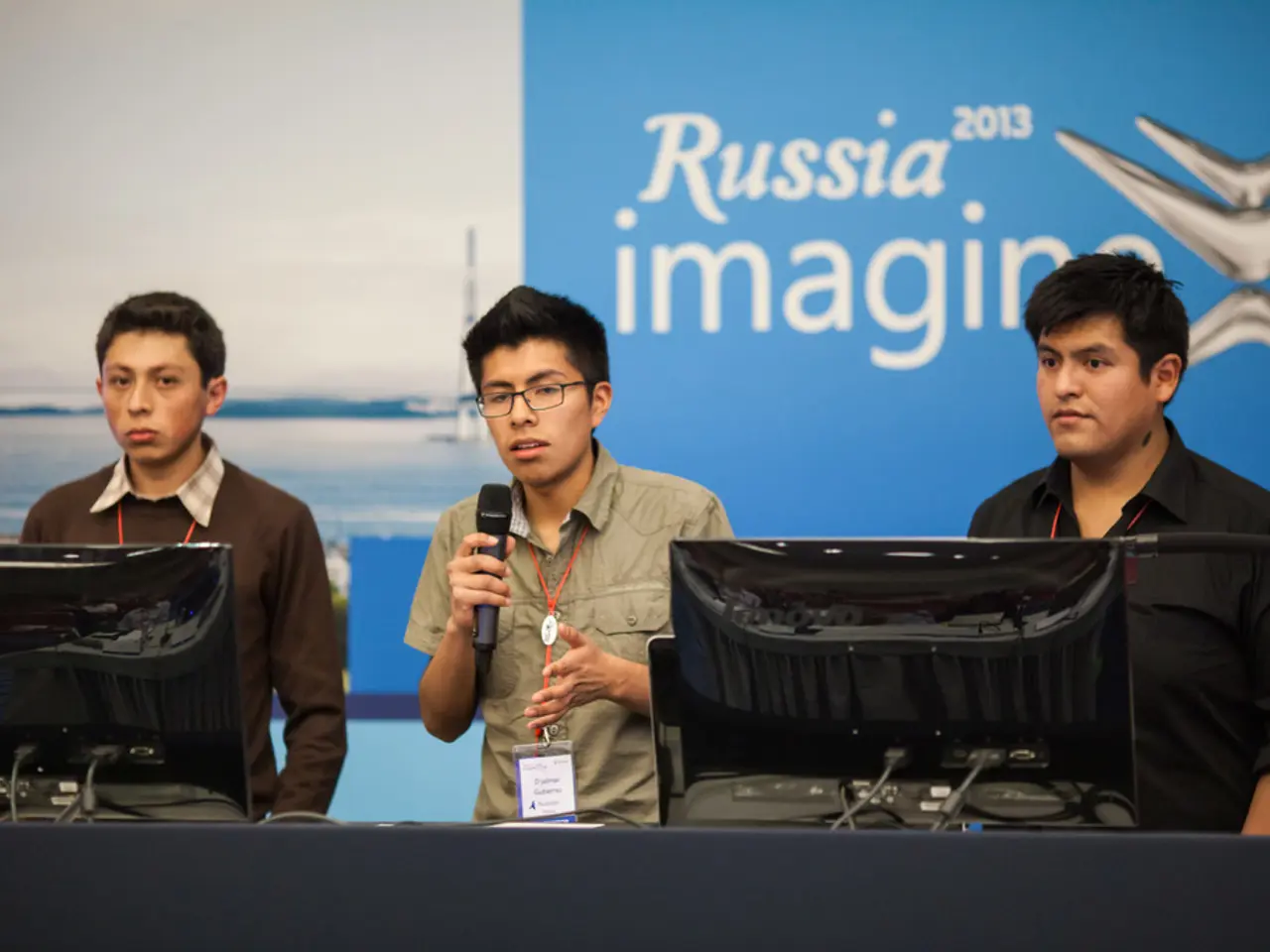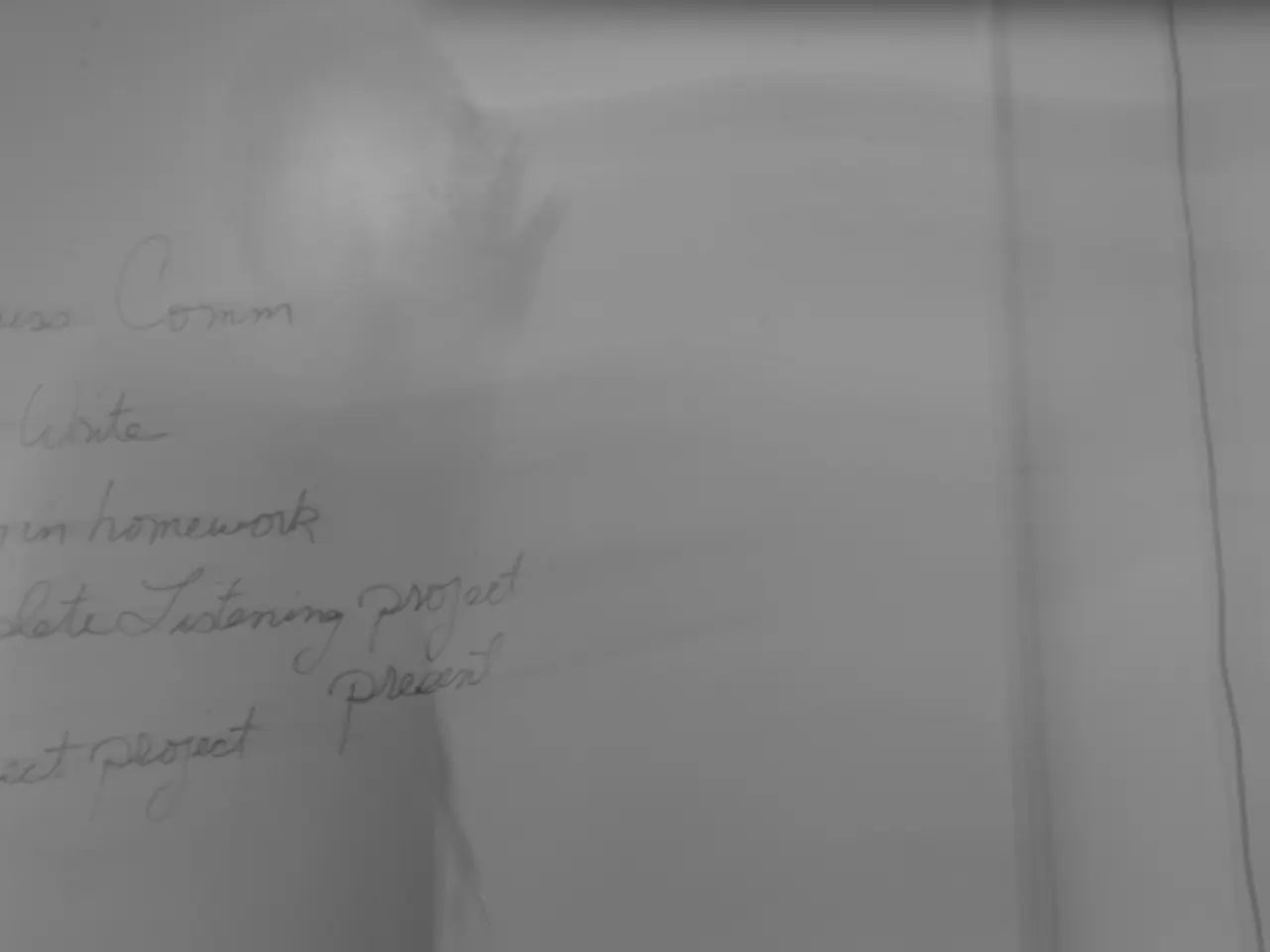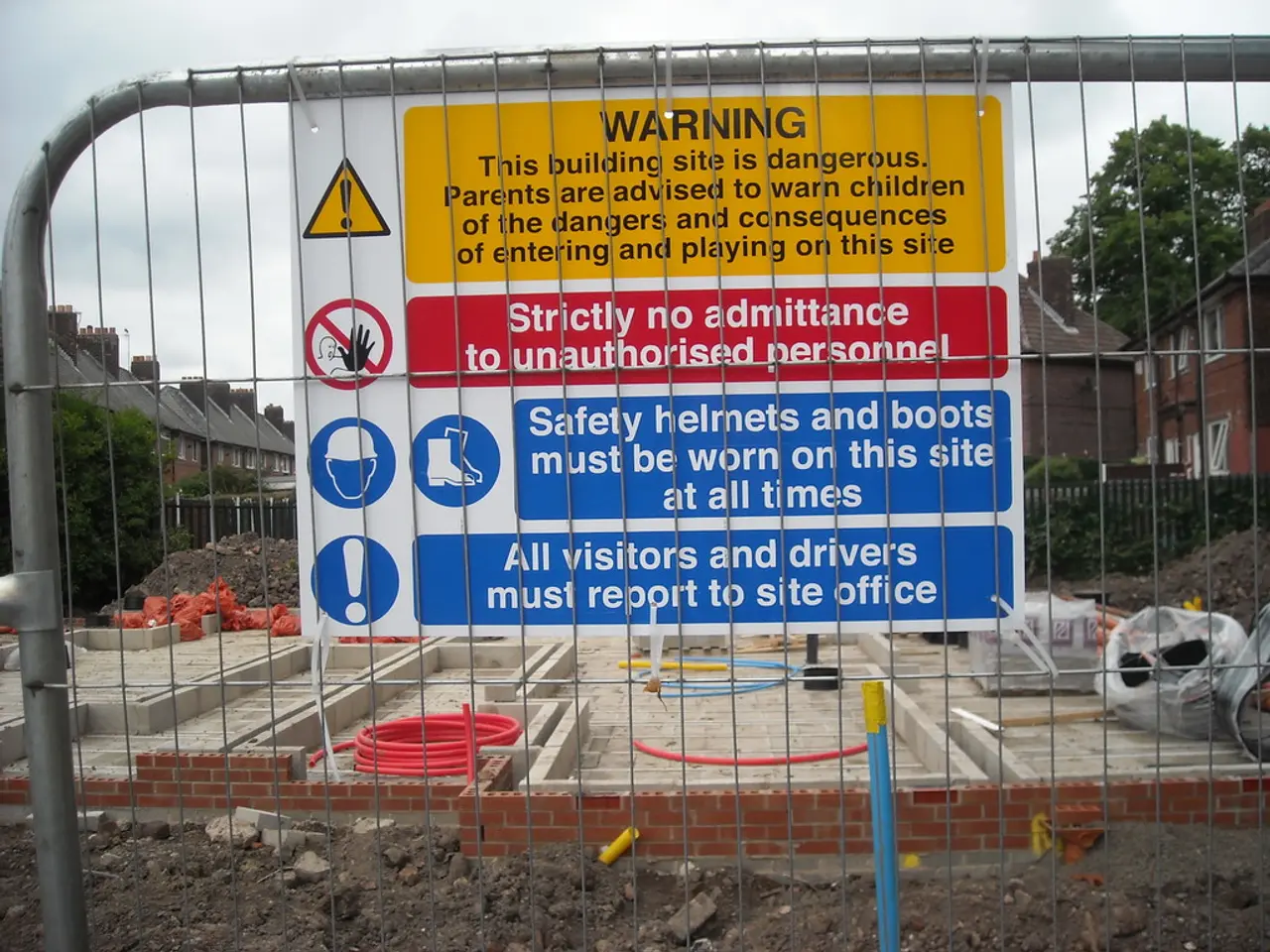ArcelorMittal withdraws plans for two green steel facilities in Germany, citing excessive energy expenses.
ArcelorMittal Puts Brakes on Green Steel Dreams due to Germany's Energy Costs
In a blow to Germany's industrial sector, ArcelorMittal (NYSE:MT) has shelved plans to green its steel production in two plants out of towering energy expenses, Reuters announced on Friday.
The German government had pinned hopes on €1.3B in incentives to persuade ArcelorMittal (MT) to convert its steel plants at Bremen and Eisenhuettenstadt to hydrogen-powered furnaces. However, the company has backed out, citing exorbitant energy costs and uncertainty regarding Germany's future energy mix.
"Fueling electric arc forges in countries that can offer reasonable and predictable power supply is the way forward," the global steel giant said, pointing to its recent investment in a forge powered by electricity, nestled in France's nuclear-rich landscape.
"Compared to international standards and neighboring countries, German electricity costs are jaw-dropping," ArcelorMittal echoed.
While three other projects (Salzgitter, Thyssenkrupp, and Stahl-Holding-Saar) are still in the pipeline, the German fiscal department confirmed.
Insider Tidbits on ArcelorMittal
- ArcelorMittal: The Upside Aint Worth the Risk
- ArcelorMittal's Shareholder-Focused Buyback Plan
- ArcelorMittal's Earnings Dive in Q1 2025
The Scoop
Germany's industrial terrain is at present a rollercoaster ride, with surges in production clashing with formidable challenges in energy-intensive industries. In April 2025, industrial output plunged 1.4% compared to March, despite a promising 3.0% leap in March - an echo of this unpredictable pattern. The energy sector itself gasped through a 1.6% output decline.
Simultaneously, the employment front isn't looking sunny, with the industry shedding over 100,000 jobs in 2024, with the automotive sector being the hardest hit.
ArcelorMittal's decision to step away from carbon-neutral steel production underscores these economic pressures, as well as the high energy prices that deter green transitions. The irony? While enduring high energy costs, Germany remains home to several nuclear power plants, like the one powering ArcelorMittal's new electric-powered forge in France.
In essence, while some signs of recovery in manufacturing exist, energy-intensive sectors, like steel production, battle to achieve a harmonious union between sustainability targets and financial feasibility. Germany's ambitious climate goals may have hit a snag in the form of hefty energy bills.
In light of ArcelorMittal's decision to halt plans for green steel production in Germany, the global steel giant has sought more reasonable and predictable energy supplies in France. This shifthighlights the challenges faced by energy-intensive industries in Germany, where towering energy expenses and uncertainty about the country's future energy mix have hindered green transitions. Despite having nuclear power plants within its borders, Germany's high energy costs continue to pose a significant hurdle to achieving sustainable energy goals, contrasting with neighboring countries and international standards.






